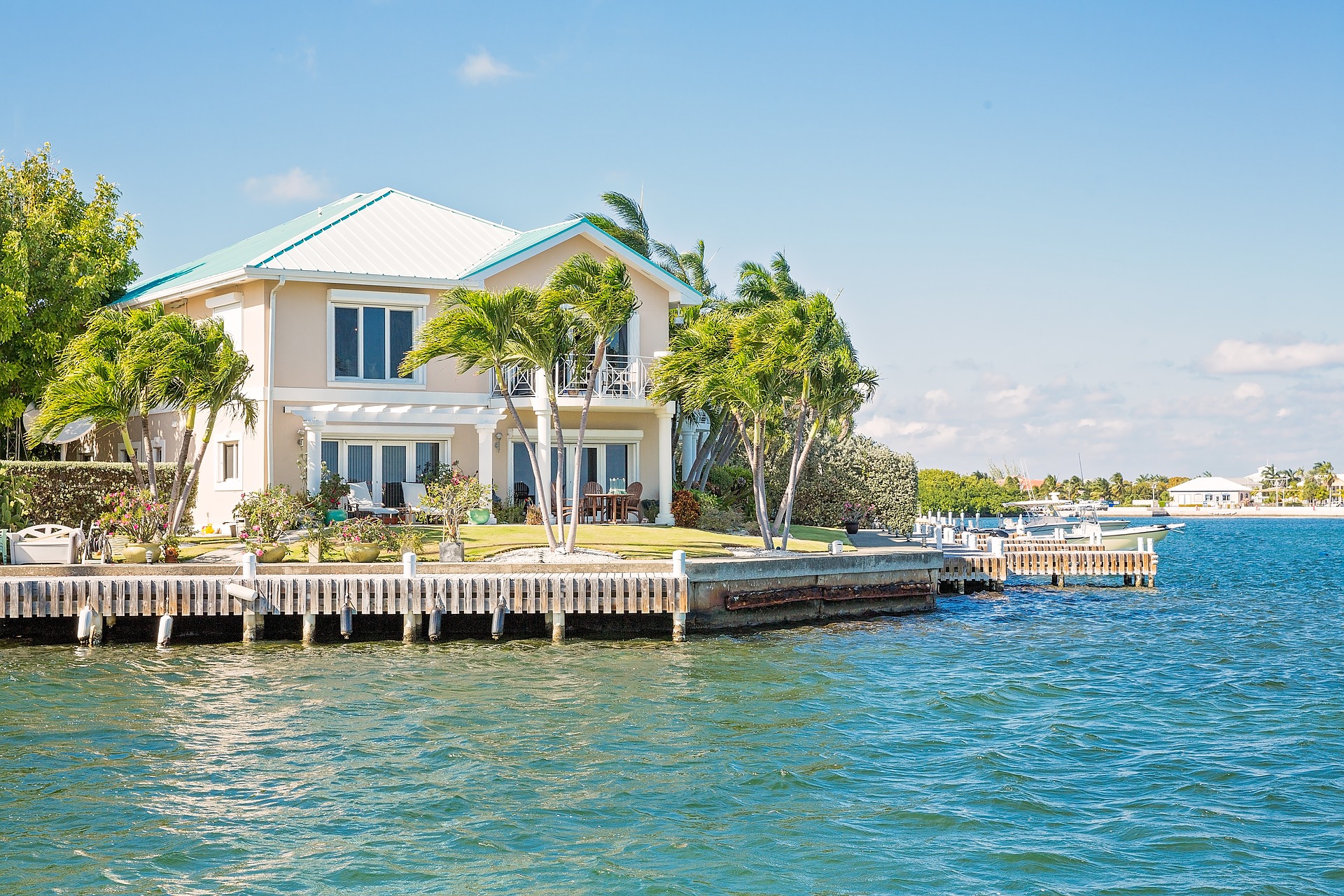By Michael Wolf
Chinese mainland's immigration history has more than 30 years, in the past time, the Chinese mainland has been the world's largest immigration exporter, currently all the popular in the market immigration projects in China, many projects, Portugal golden residence visa 5.6 billion euros worldwide, and contributed 5.6 billion euros is Chinese mainland once promote Portuguese gold visa nearly 300 channel institutions, the gold residence became the highest investment immigration project after EB5.
In 2020, a COVID-19 outbreak completely disrupted the entire investment immigration industry ecosystem. Most CBI/RBI projects have substantial market share,
Despite security issues and travel...





